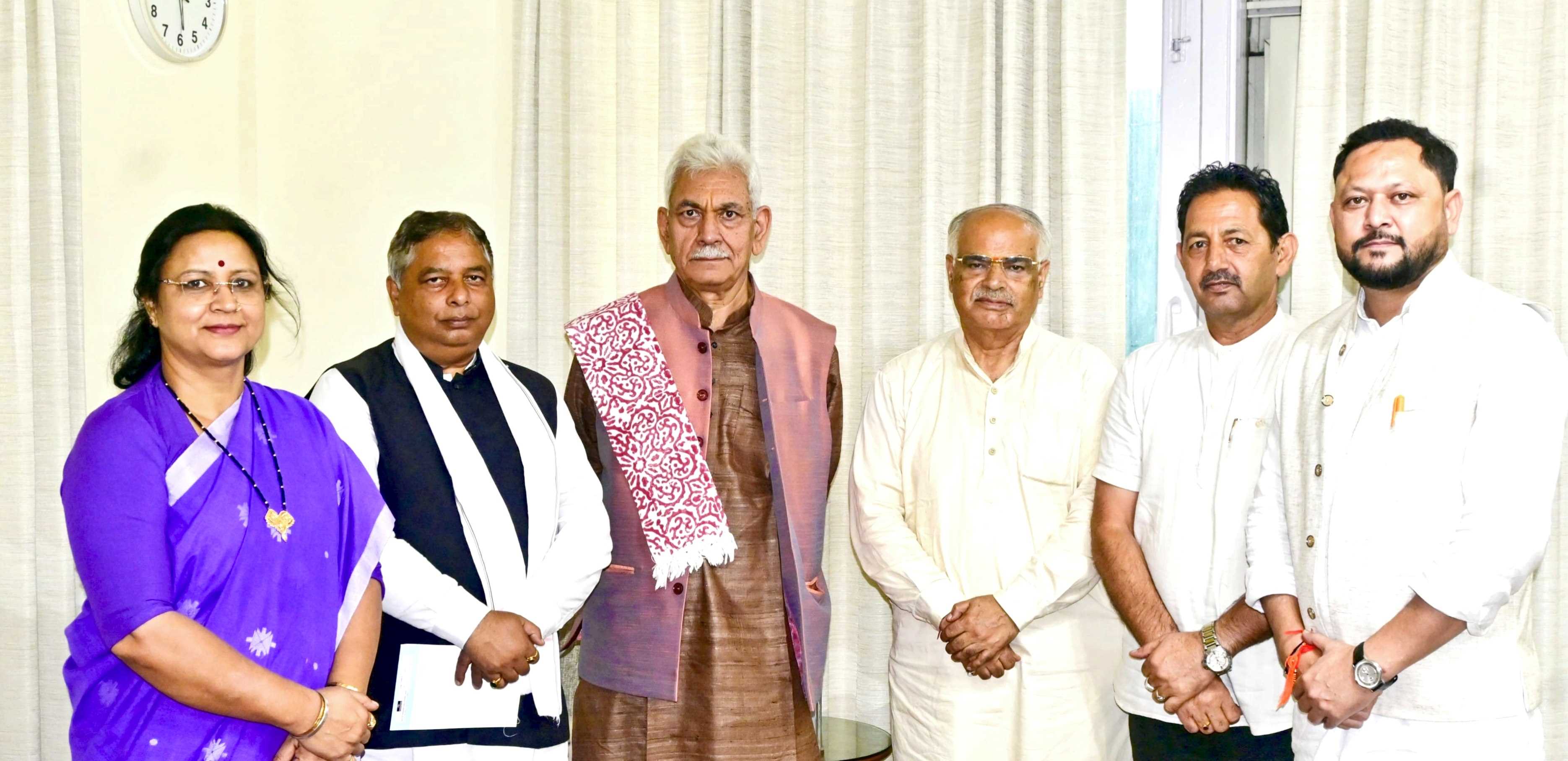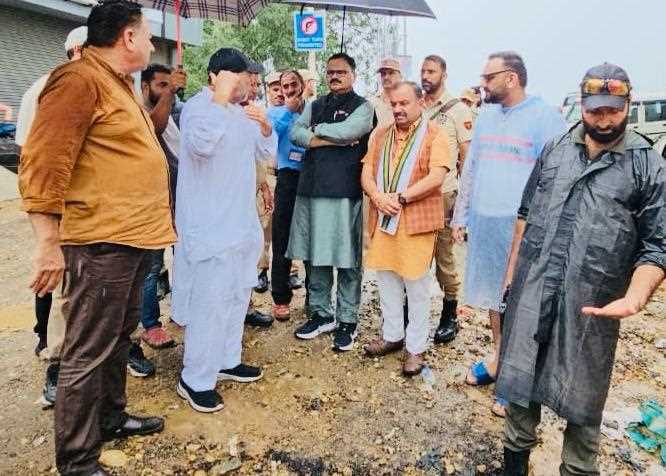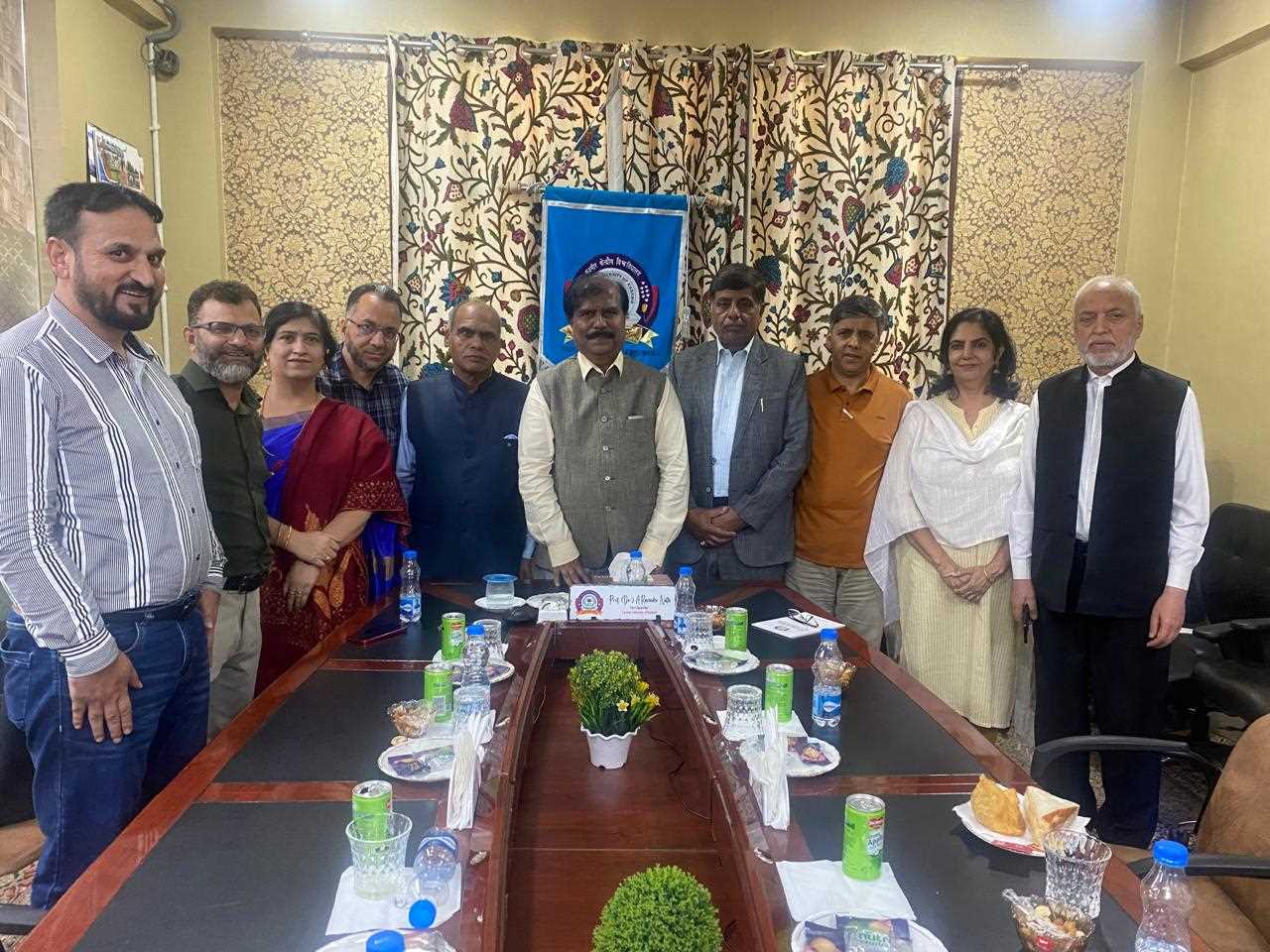
The recent crackdown by the Food Safety authorities in Kashmir on substandard and unsafe meat products has not only raised public health alarms but also sent shockwaves across the Valley’s vibrant food industry. The confiscation of 1000 kilograms of unfit meat, alongside 150 kilograms of Goshtaba and 2500 kebabs, reflects the gravity of the situation. This isn’t just about spoiled meat—it’s about a systemic failure in regulation, accountability, and ethical food practices. Kashmir’s non-vegetarian cuisine is central to our cultural identity, tourism economy, and daily consumption patterns. Dishes like Rogan Josh, Yakhni, and Goshtaba are not just delicacies—they are deeply woven into our tradition. But the revelation that large quantities of meat being sold to consumers were unfit for consumption severely undermines public trust. For too long, there has been lax oversight in the sourcing, storage, and distribution of meat products, especially those imported from outside the Union Territory. The intensified surveillance and subsequent discoveries indicate that public health was being compromised for profit. Food Business Operators (FBOs) who prioritized margins over safety, and who knowingly sold or prepared unsafe meat, must be held accountable through strict legal and financial penalties. The illegal dumping of meat following the crackdown only further implicates these operators, revealing an intention to conceal evidence rather than correct wrongdoing. This situation also highlights the need for a robust cold chain infrastructure and standardized meat handling protocols across J&K. Much of the unsafe meat likely deteriorated due to improper transport and storage, pointing to serious gaps in the supply chain. There is also a pressing need for localized slaughterhouses and inspection systems that ensure meat is fresh, hygienically processed, and free from contamination. While the Food Safety department deserves commendation for initiating this much-needed drive, the response must not be reactionary or short-lived. There should be continuous, random inspections of meat markets, restaurant kitchens, and frozen food storage units, backed by a transparent reporting mechanism accessible to the public. Moreover, public awareness campaigns must be launched to educate consumers about how to identify unsafe meat and report malpractices. We cannot afford to let our cherished food traditions be tarnished by greed and negligence. The ongoing drive must serve as a turning point—one where food safety is no longer seen as an afterthought but as a foundational aspect of public health policy. Only then can our culinary legacy continue to thrive—safely, sustainably, and with the trust of its people intact.




The recent crackdown by the Food Safety authorities in Kashmir on substandard and unsafe meat products has not only raised public health alarms but also sent shockwaves across the Valley’s vibrant food industry. The confiscation of 1000 kilograms of unfit meat, alongside 150 kilograms of Goshtaba and 2500 kebabs, reflects the gravity of the situation. This isn’t just about spoiled meat—it’s about a systemic failure in regulation, accountability, and ethical food practices. Kashmir’s non-vegetarian cuisine is central to our cultural identity, tourism economy, and daily consumption patterns. Dishes like Rogan Josh, Yakhni, and Goshtaba are not just delicacies—they are deeply woven into our tradition. But the revelation that large quantities of meat being sold to consumers were unfit for consumption severely undermines public trust. For too long, there has been lax oversight in the sourcing, storage, and distribution of meat products, especially those imported from outside the Union Territory. The intensified surveillance and subsequent discoveries indicate that public health was being compromised for profit. Food Business Operators (FBOs) who prioritized margins over safety, and who knowingly sold or prepared unsafe meat, must be held accountable through strict legal and financial penalties. The illegal dumping of meat following the crackdown only further implicates these operators, revealing an intention to conceal evidence rather than correct wrongdoing. This situation also highlights the need for a robust cold chain infrastructure and standardized meat handling protocols across J&K. Much of the unsafe meat likely deteriorated due to improper transport and storage, pointing to serious gaps in the supply chain. There is also a pressing need for localized slaughterhouses and inspection systems that ensure meat is fresh, hygienically processed, and free from contamination. While the Food Safety department deserves commendation for initiating this much-needed drive, the response must not be reactionary or short-lived. There should be continuous, random inspections of meat markets, restaurant kitchens, and frozen food storage units, backed by a transparent reporting mechanism accessible to the public. Moreover, public awareness campaigns must be launched to educate consumers about how to identify unsafe meat and report malpractices. We cannot afford to let our cherished food traditions be tarnished by greed and negligence. The ongoing drive must serve as a turning point—one where food safety is no longer seen as an afterthought but as a foundational aspect of public health policy. Only then can our culinary legacy continue to thrive—safely, sustainably, and with the trust of its people intact.
© Copyright 2023 brighterkashmir.com All Rights Reserved. Quantum Technologies